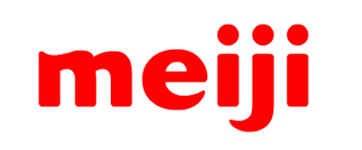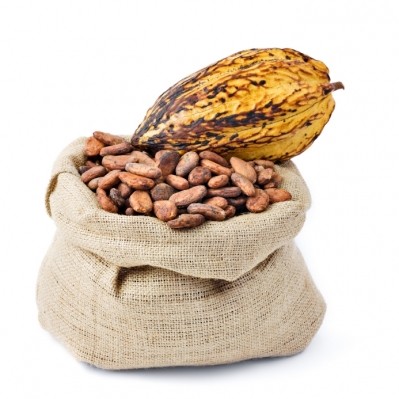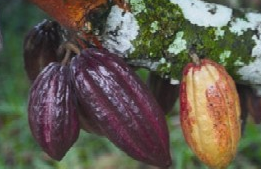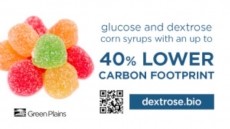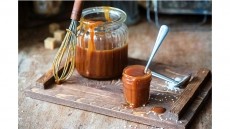Cocoa can be the new cranberry, says food marketing guru
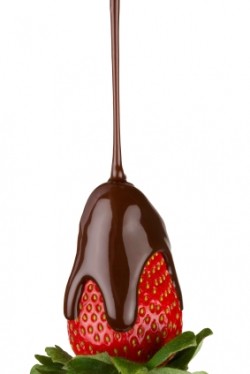
Cranberry foods, beverages, supplements and extracts growth has continued despite the absence of approved European Food Safety Authority (EFSA) health claims, and cocoa is set to experience similar success with antioxidant-based benefits according to Julian Mellentin, the director of consultancy New Nutrition Business.
Mellentin said cocoa was at the ‘tipping point’ of success in light of Barry Callebaut’s article 13.5 emerging and proprietary science submission that is being scrutinised by EFSA’s health claims panel under the European Union nutrition and health claims regulation (NHCR).
Cocoa was due success, he said, due to the, “convergence of scientific and technological progress, corporate strategy, consumer awareness and consumer desire for foods that can claim to be naturally healthy”.
Cocoa bullishness
“I’m not surprised that Barry Callebaut is bullish about the prospects for its health claims application,” Mellentin observed of the five-clinical study strong submission.
“Thanks to a huge investment in research by the leading cocoa processors – Barry Callebaut, Mars, Hershey and Meiji – there is a significant and ever-growing body of evidence for the health benefits of cocoa flavanols, particularly in relation to cardiovascular health. In fact, there have been over 100 published clinical studies so far.”
Consumer awareness
Cocoa benefit understanding was also on the rise – boosted by growing interest in natural ingredients.
“Consumers make an association between dark chocolate – the form in which they usually encounter cocoa – and its naturally high content of antioxidants, and they’re prepared to pay more for it,” Mellentin opined.
“In many countries sales of dark chocolate grew at an annual rate of 20%-25% in the first decade of the 21st century. Even global recession didn’t halt the growth – all the more impressive since dark chocolate retails at up to a 100% premium over milk chocolate.”
Barry Callebaut cocoa a go-go
Last month, Barry Callebaut spokesperson Raphael Wermurth told NutraIngredients: “The dossier contains five clinical studies, some of which have not yet been published. We have been waiting for
the outcome of some of these studies to see if they delivered positive outcomes and so we moved in the summer of 2011 to submit the claim.”
Initially it sought to focus on blood flow, but included µendothelium-dependant vasolidation¶ because that was what the evidence specifically indicated.
The submission came even as the NDA in October 2010 rejected an article 13.1 dossier linking cocoa flavanols and protection against oxidative damage and the maintenance of normal blood pressure. There the NDA was unimpressed by 10 randomised clinical trials backing the blood pressure claim, saying the data was, “inconsistent.”
That opinion can be found here.
Dr Mark J Tallon, the managing director of UK-based consultancy and food law experts, Nutrisciences, said he expected the claim bid to be successful.
“It’s not surprising that previous attempts to get a positive opinion from EFSA of flavanols from cocoa has failed as very little evidence exists for blood pressure benefits,” Dr Tallon said.
“However, providing you limit studies based on the specific flavanol and polyphenol content and type (i.e. monomer units), dose, and subject characteristics - strong evidence for flow-mediated dilatation could make a credible submission under 13.5.”
